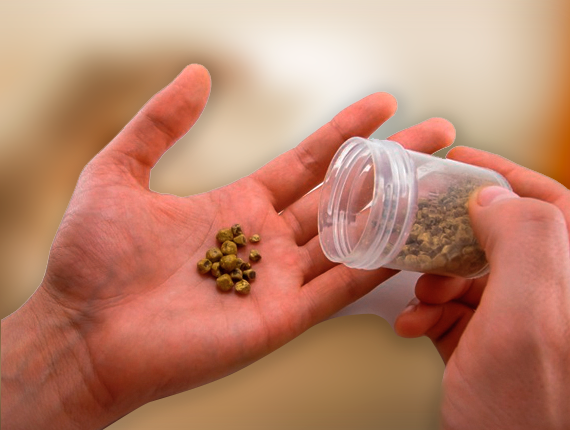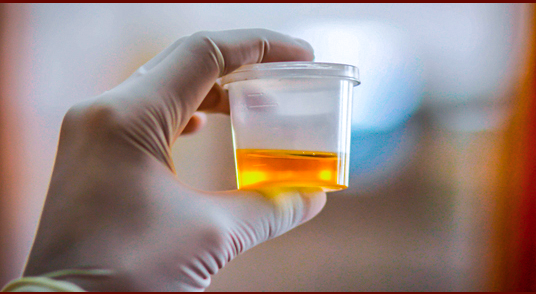
Stone Analysis
A very important aspect in the patient’s evaluation is the analysis of the extracted or fragmented stone. Within 2 days of patients having symptoms related to stones, approximately 70-80% of stones will pass spontaneously in the urine. On the other hand, if patients underwent a procedure for stone treatment, their maybe stone fragments that broken up but not yet removed.
Therefore, it is very important to collect any stone fragments that may pass in the urine. Patients are asked to urinate into a strainer, a cup with a mesh in the bottom, to retrieve the stone fragments. All stones fragments, no matter how large or small, should be collected and sent for stone analysis. This evaluation is essential and will shed light onto the etiology and pathogeneses of the renal stone so that therapy can be optimized.
24-hour Urine Collection
Four to six weeks after a patient has passed his or her stone, or after it has been removed or disintegrated a 24-hour urine specimen will be obtained. It is important that the patient remain on his or her regular diet and life style during this period of urine collection. Urine is collected over a 24-hour period beginning with the second urine on the first day and ending with the first urine on the second day. This urine collection will be studied for chemicals in the urine that promote and inhibit stone formation.
The specimen is analyzed for total urine volume, calcium, phosphorous, uric acid, creatinine, oxalate, magnesium, sodium and citrate.


Recommendations
Patients who had a history of kidney stones are prone to developing stones in the future. In fact, patients who develop stones, have a 50% risk of developing another stone within 5-10 years, and about 80% chance sometime in their life. To reduce a patient’s risk of developing another stone, there are proactive measures that you and your urologist can take. Based on the stone analysis and the 24-hour urine collection, we can determine the type of stone and stone forming substances that may increase your risk for future stone formation.
Therefore, we can determine if certain dietary changes and/or medications may reduce your risk for future stone formation. In addition, one of the most important factors for reducing all types of stones is by drinking large amounts of fluids. Patients who make kidney stones should drink of fluids to make 2 liters of urine or about ½ gallon of urine daily. Since the goal is to produce 2 liters of urine daily, you may find it necessary to drink more fluid in hot weather or if you perspire from athletic activity, etc. to replace the fluid lost by sweating.
